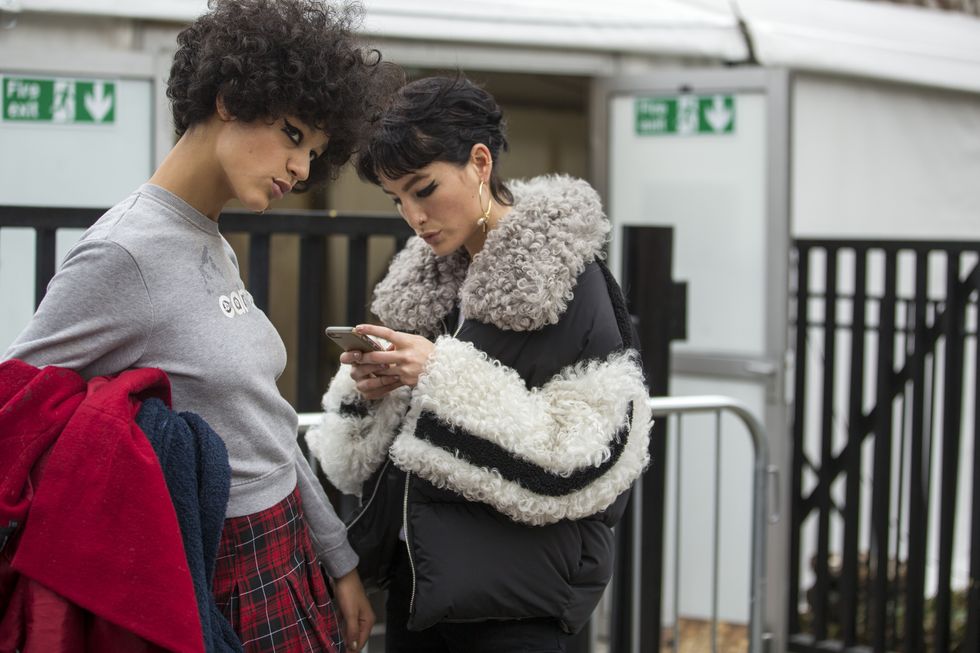One thing us Brits are known for – other than our talent for making Victoria sponge cakes, queuing, discussing the weather, and Brexit – is our love of self-deprecation and sarcasm.
For centuries, we've gotten by with a healthy dose of sarcasm and irony which frequently leaves our foreign friends wondering whether we're joking or not during conversation.
However, it would seem the jig might finally up, as new technology has found a way to uncover whether or not we're being sarcastic with our emojis.
*Rolls eyes*
According to the MIT Technology Review, researchers that were initially looking into a way of creating an algorithm to filter out racism online have accidentally found a way to identify sarcasm, instead.
Someone, pass the bubbly…
The researchers produced an algorithm that analysed the 64 most commonly used emojis and scanned them through 55 billion tweets so the system could 'learn' how to link emoji with various emotions.
As a result, Iyad Rahwan, associate professor the MIT Media, and his team found the system – now known as DeepMoji – could match various emojis with messages, even if sarcasm was detected.
'Because we can't use intonation in our voice or body language to contextualise what we are saying, emoji are the way we do it online,' Rahwan wrote in the review.
'The neural network learned the connection between a certain kind of language and an emoji,' he added.
If that wasn't enough the MIT team then set to task to find out whether their algorithm could better detect sarcasm that humans. Because, you know, we really needed to have more proof technology is better than us.
The team initially found that humans could correctly identify sarcastic tweets 76 per cent of the time.
However, DeepMoji identified 82 per cent of the tweets and was also found to have the ability to suggest emojis to accompany tweets, so you don't have to.
Rahman suggests that technology like DeepMoji could enable other artificial intelligence to detect human emotion and offer emojis to respond to the user's sentiments.
'If machines are going to cooperate with us, then they're going to have to understand us, and emotion is really hard,' Rahwan said.
And this, my friends, is the story of how technology began to take over the world.

Katie O'Malley is the Site Director on ELLE UK. On a daily basis you’ll find Katie managing all digital workflow, editing site, video and newsletter content, liaising with commercial and sales teams on new partnerships and deals (eg Nike, Tiffany & Co., Cartier etc), implementing new digital strategies and compiling in-depth data traffic, SEO and ecomm reports. In addition to appearing on the radio and on TV, as well as interviewing everyone from Oprah Winfrey to Rishi Sunak PM, Katie enjoys writing about lifestyle, culture, wellness, fitness, fashion, and more.















